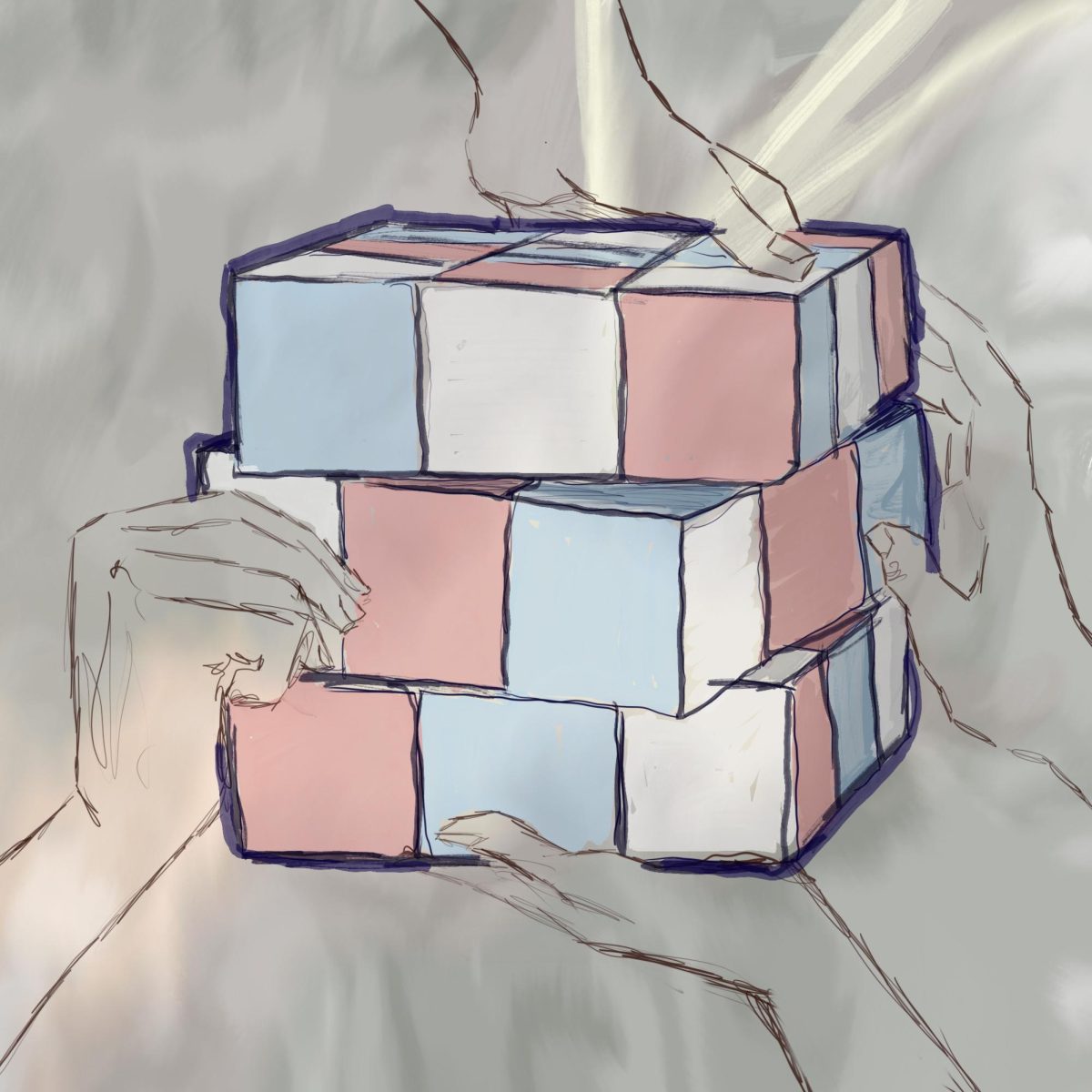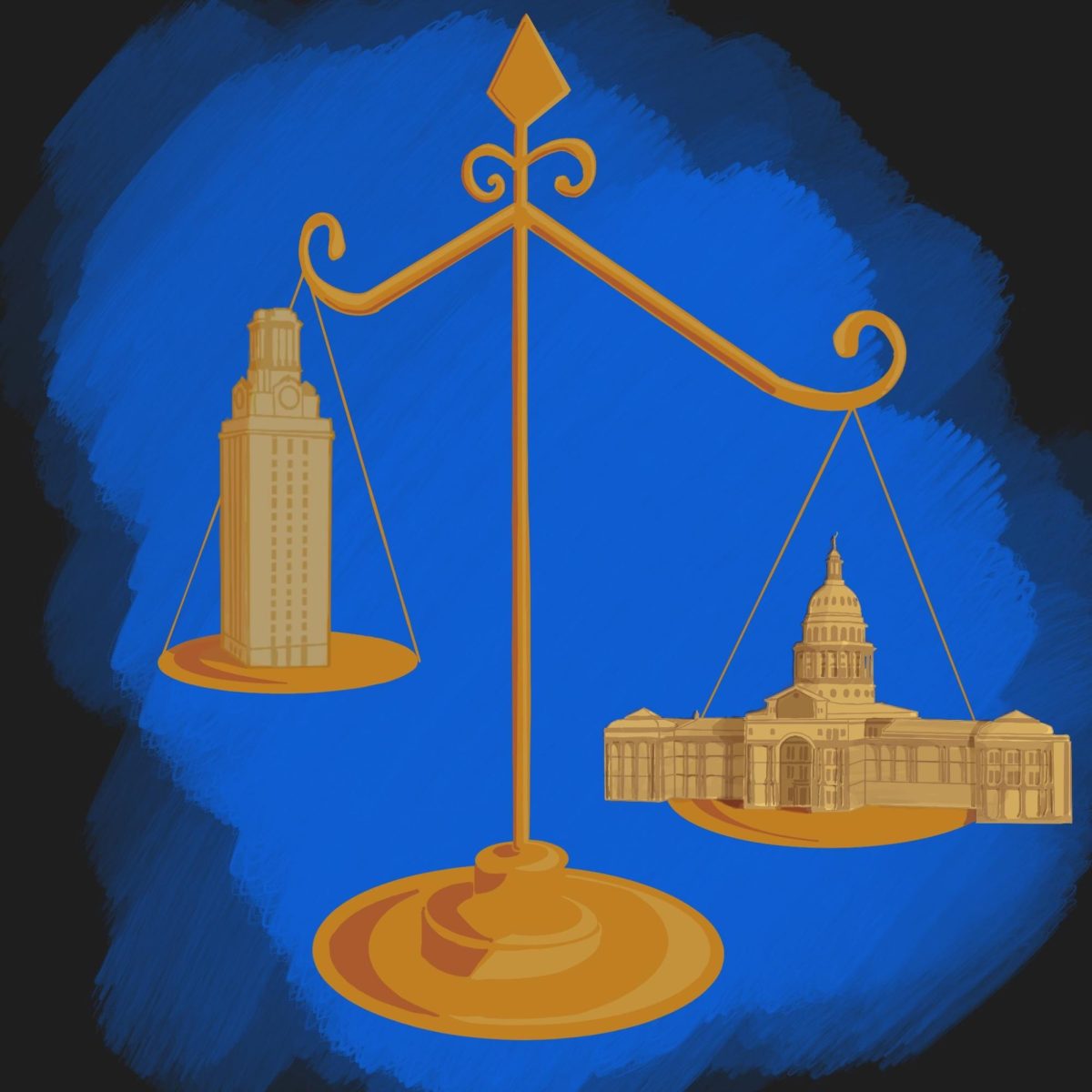After facing closed doors, statewide traveling and long editing hours, a UT radio-television-film lecturer and UT alumnus are close to the completion of an independent documentary chronicling the aftermath of convicted arsonist Cameron Todd Willingham’s execution.
Joe Bailey Jr. was a postdoctoral fellow at the UT School of Law working on a documentary about a Texas musician when he took Steve Mims’ production course in fall 2009. After a class, Bailey and Mims started discussing death penalty and clemency in Texas. Both later read a September 2009 New Yorker article about Willingham, which spurred Bailey’s interest in filming the repercussions of the execution.
In 1991, a Navarro County jury convicted Willingham of arson and murder for setting fire to his Corsicana home and killing his three daughters while his wife was away. He received a death sentence a year later. Prosecutors offered Willingham life in prison if he admitted he was guilty, but he refused and maintained his innocence. The state executed Willingham in 2004.
Willingham’s surviving relatives have since petitioned to convene a special court of inquiry to remedy his reputation, which they say the case’s media attention tarnished. According to the petition, the prosecutors used flawed science and a now-recanted statement from a former cellmate who said Willingham confessed.
“That information never got to his defense,” Mims said. “There’s a whole level of irresponsibility that made the whole thing the train wreck that it was. We wouldn’t be talking about this at all if that process had played out.”
The film, scheduled to be completed on Dec. 9, concentrates on the forensics behind Willingham’s conviction, but also includes the legal and political aspects of its course of action.
“The justice-gone-wrong story had been done and been done very well,” Bailey said. “The issue film of wrongful execution had played itself out in our culture over and over again, so what we thought was interesting was the science, folklore and emotion. It’s not often you seen that in an animated matter of life and death.”
Mims said he and Bailey tried not to have an ax to grind and to make the film an examination of the cracks in the criminal justice system that contributed to Willingham’s execution.
“The thing that’s reassuring about it is that there are only a few things that could have been done differently that would make what happened to Willingham not happen any more,” he said.
Mims said one of the challenges they faced was piecing the scenes together in a way that made the science entertaining.
“It’s like a gigantic jigsaw puzzle,” Mims said. “The job of trying to get it down to — right now, it’s 108 minutes — has been very difficult. It’s a balancing act to try to make it definitive so people can really understand the science, which in this case is really important, and still make it watchable and reputable.”
Students in RTF lecturer John Pierson’s advanced producing class saw parts of the film about three times throughout the semester. After critiquing the film, the students must now take on publicity for the film. Ivete Lucas, an RTF graduate student, said the filmmakers approached the documentary in an unusual manner by concentrating on the science and the integrity of the criminal justice system.
“When we think of science movies, we think they’re going to be impenetrable,” Lucas said. “The filmmakers did a very good job of illustrating the concepts the scientists were trying to explain, and the two main scientists behind the investigation were interesting because they had different personalities. The film was entertaining because of
these characters.”



















